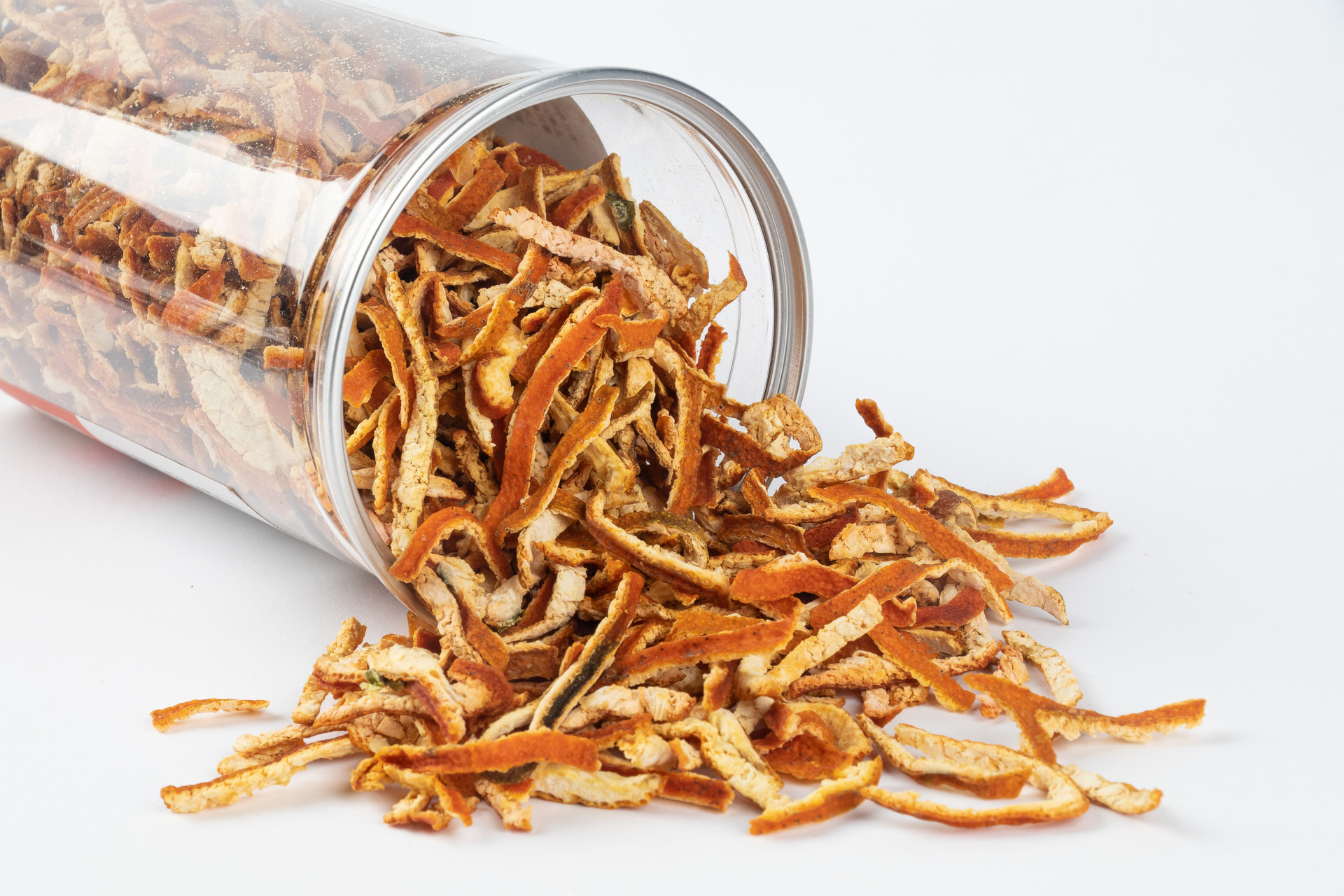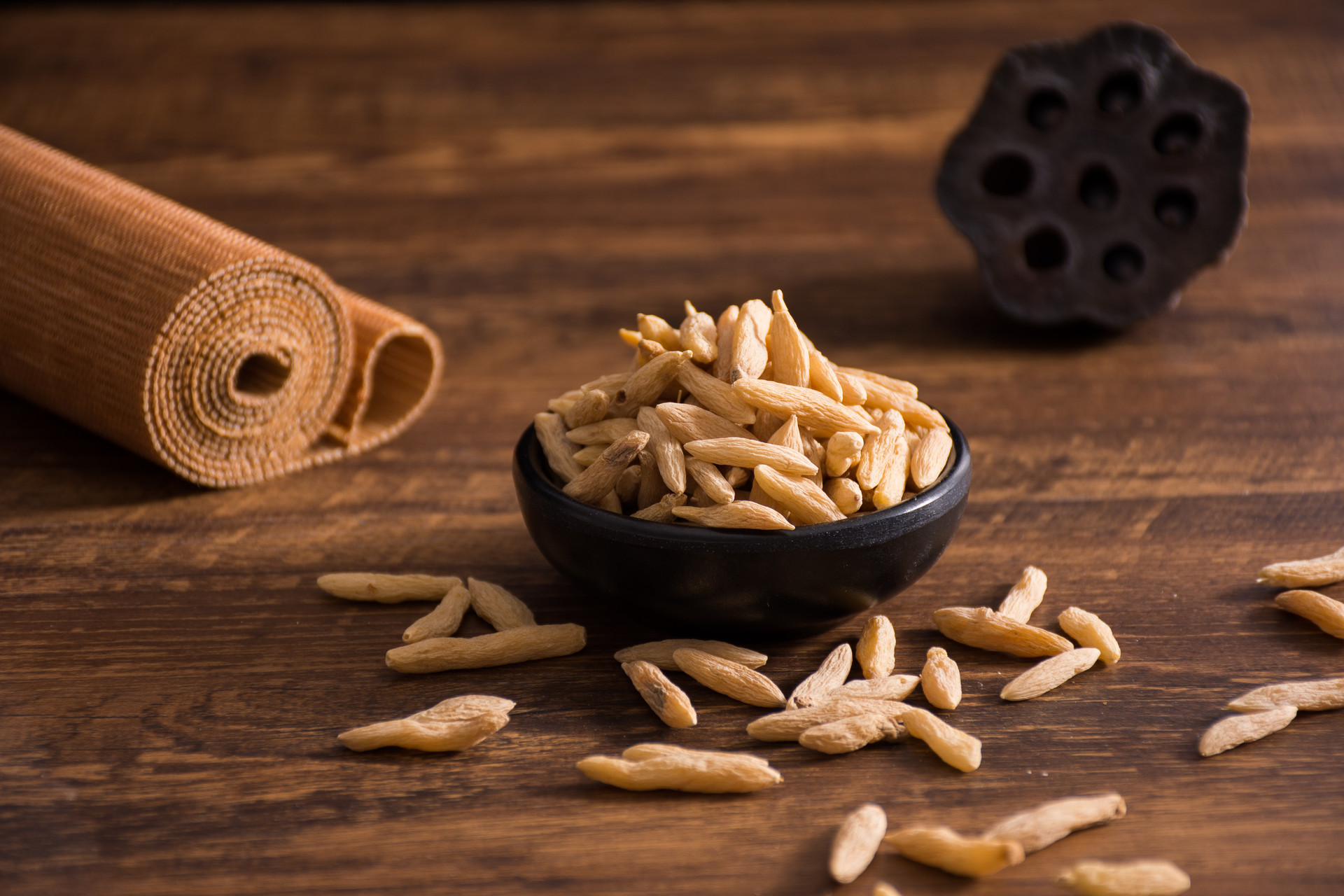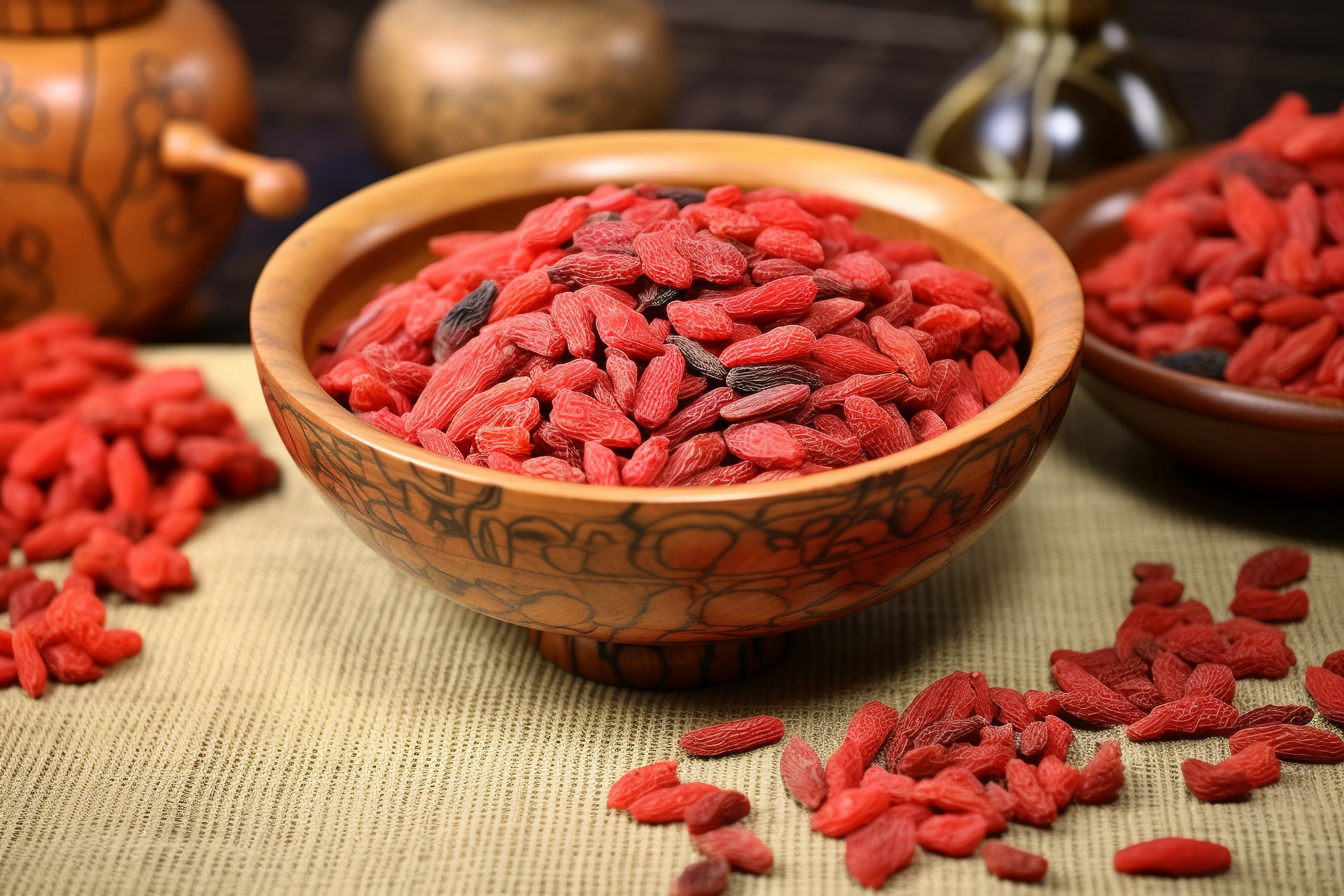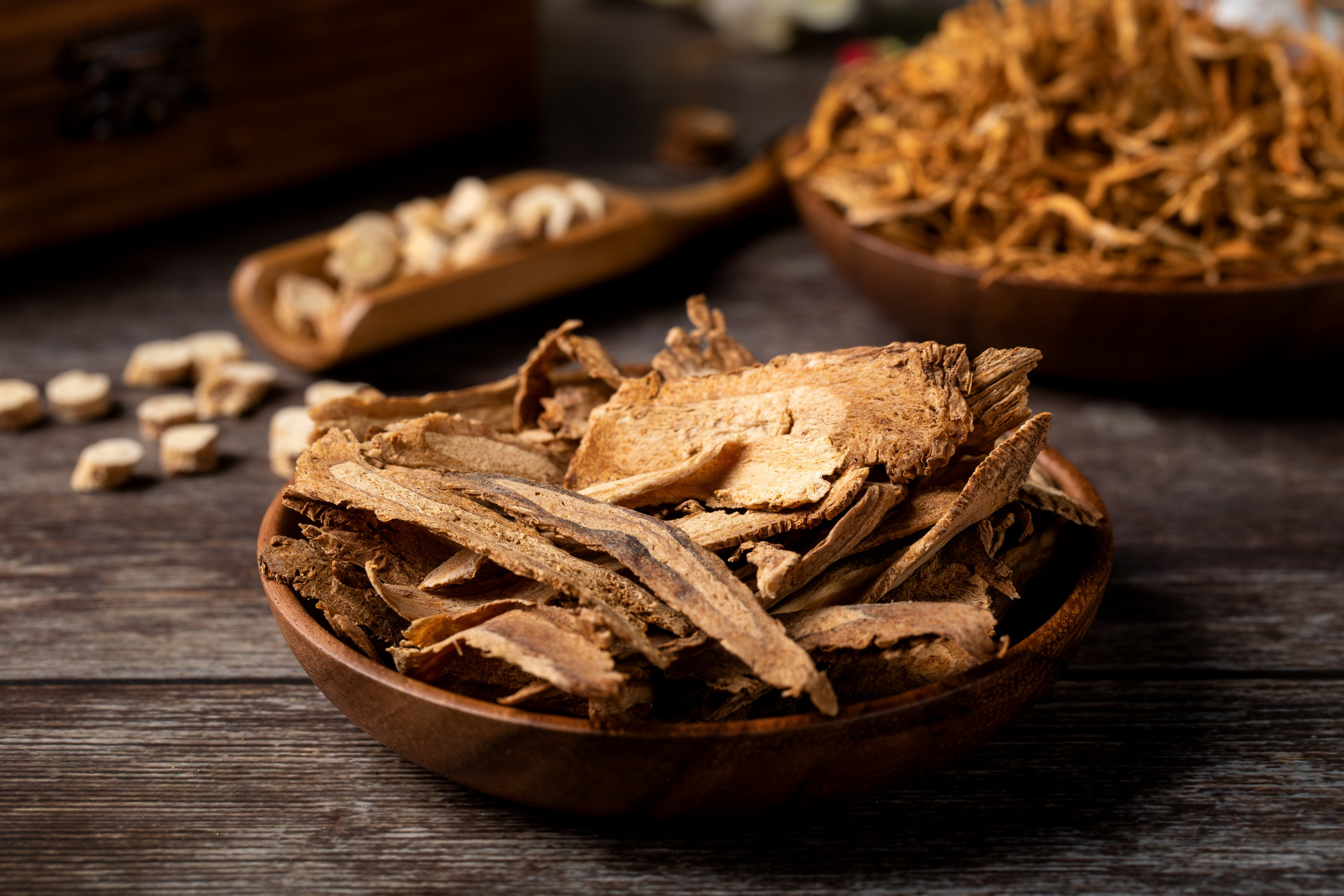traditional Chinese medicine

Centipede grass is a common plant in forests. Although its name may sound "terrifying," it has no relationship with centipedes. It is a traditional Chinese medicinal herb that clears heat and detoxifi

Ditancao, as a traditional Chinese medicine, has the effects of clearing heat, cooling blood, detoxifying, and eliminating dampness. It is commonly used for colds, tonsillitis, pharyngitis. Let's

Normal adults usually urinate 4-6 times during the day and 0-2 times at night. An increase in the number of urinations is referred to as urinary frequency. Urinary frequency can be a phys

Chuanxiong is a commonly used traditional Chinese medicine that promotes blood circulation and removes blood stasis. It can be used to relieve dysmenorrhea in women, but it is important to note that

Tai Bai Acupoint, also known as Da Bai, is located on the inner side of the foot, below the joint of the big toe, in the depression of the red and white flesh. Due to its spleen-tonifying and lung-n

The traditional Chinese medicine "Nv Wan" refers to the root or whole herb of the chrysanthemum plant Nv Wan. It is distributed in Heilongjiang, Jilin, Liaoning, and Inner Mongolia. Nv Wan has the ef

The Shieldleaf Raspberry is a traditional Chinese medicine. You may not be very familiar with it. The fruit of the Shieldleaf Raspberry (Rubus peltatus Maxim.) is a plant of the Rosaceae fami

Sichuan pepper, also known as Chinese prickly ash, is the dried mature pericarp of the Zanthoxylum or Capsicum plant, which belongs to the Rutaceae family. According to traditional Chinese medicine, S

Suiguzi, also known as Bamboo Leaf, is the rhizome or tuber of the plant Bambusa textilis, a commonly used traditional Chinese medicine. It has excellent efficacy in treating various diseases. Due t

Stinky peony, also known as Fengxian grass, stinky hibiscus, and stinky jasmine, is a plant of the Clerodendrom bungei Steud. in the Verbenaceae family. Its stems and leaves are used in traditional Ch